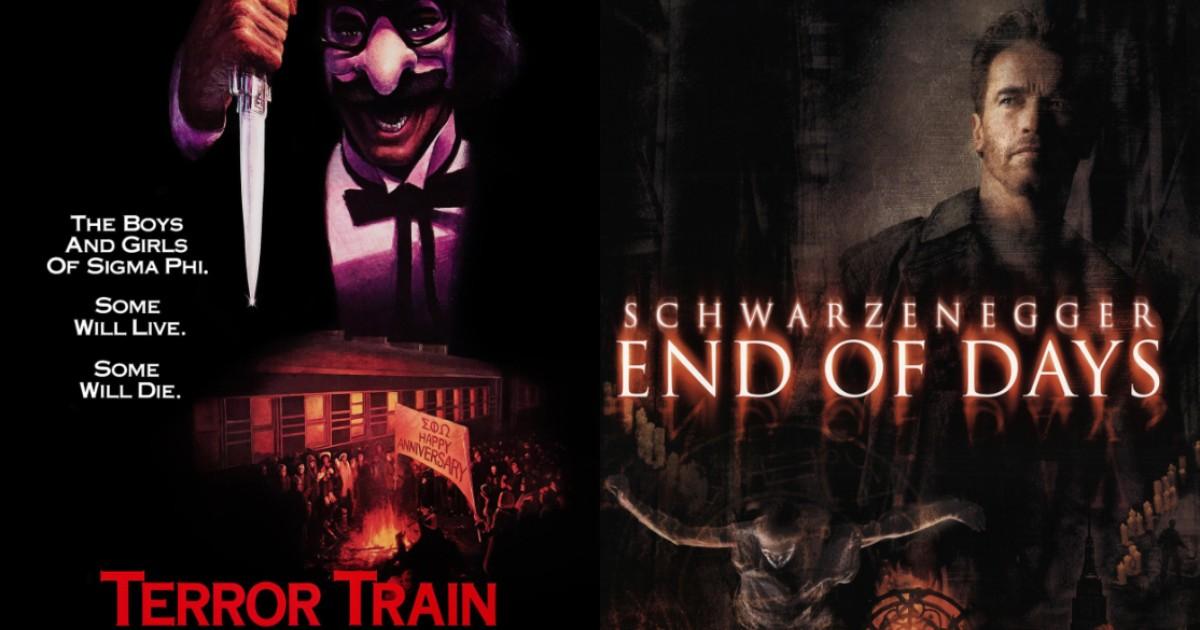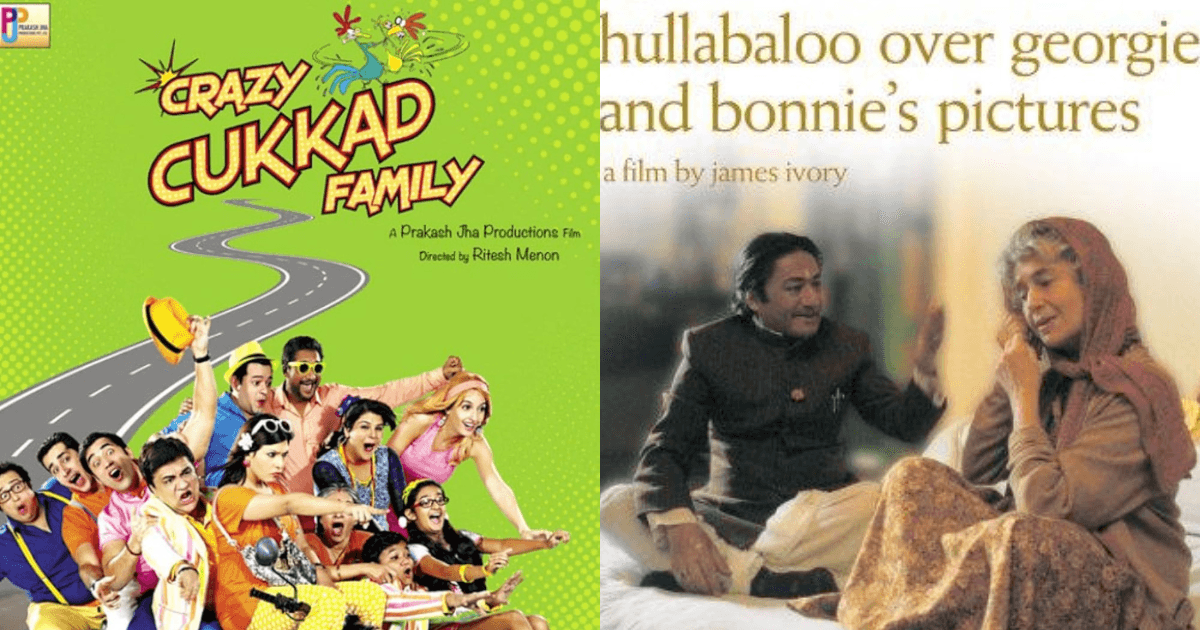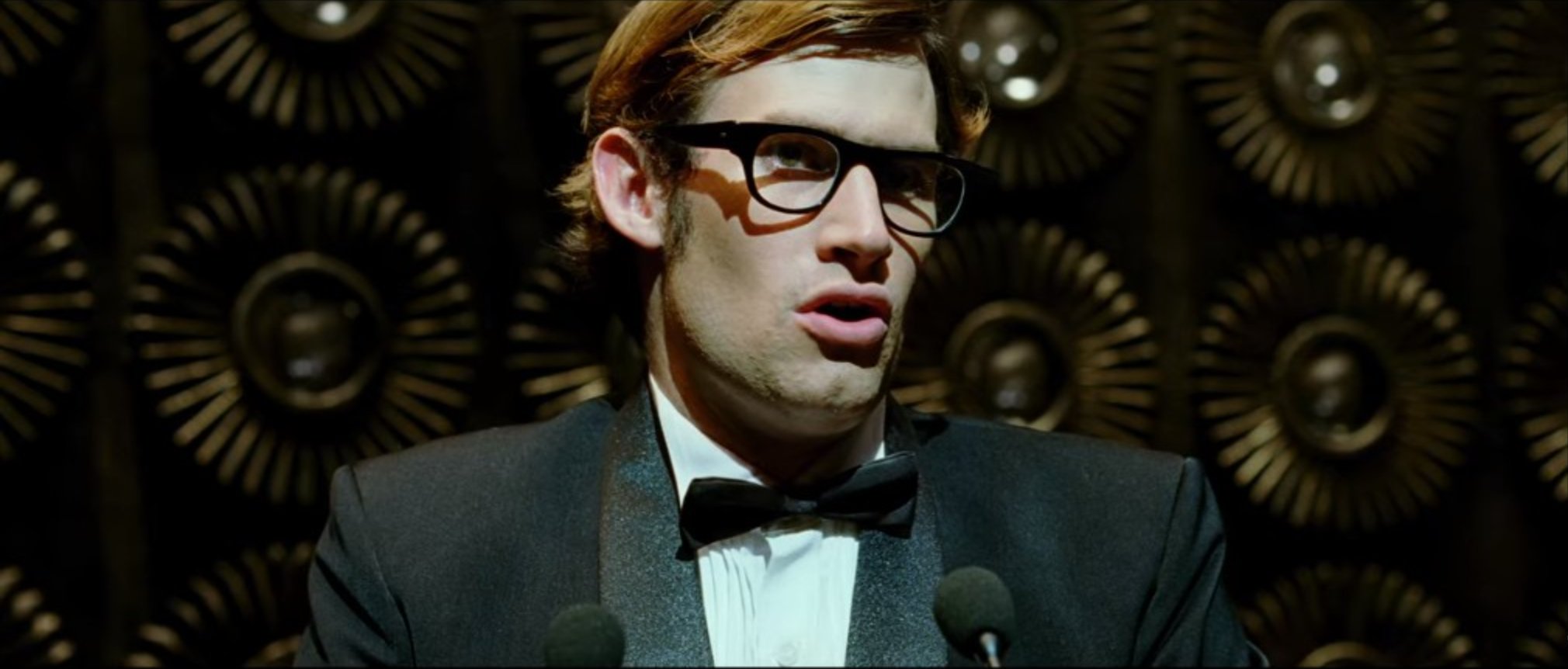
He’s Harry Key, an actor from Australia, who has a fair share of experience playing the ‘token white guy’ in multiple Bollywood movies. From We Are Family to Dum Maaro Dum, he has been a part of several Hindi language movies.
The actor goes by the username Bollywood Gora on Reddit, and in an AMA, spilled the beans about what was it like working in the tinsel town. While some of his answers were hilarious, a few others were quite hard to believe. Keep reading to know what he revealed.
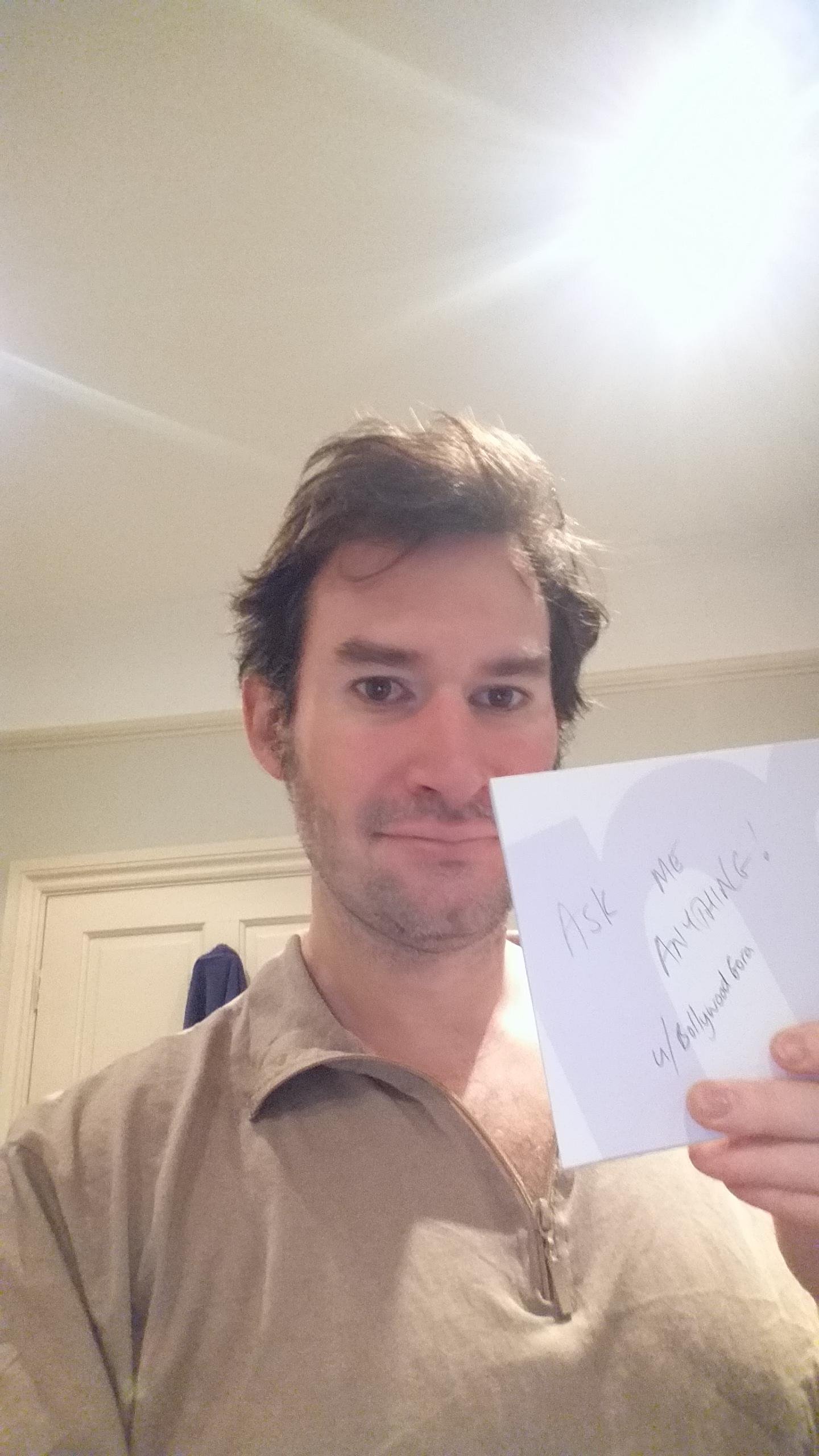
1. On stunt safety in Bollywood:
The stunts on the sets were almost always like “Hey, we are going to put your life at risk” and if you get cranky later at the level of risk, the response tended to be “But, everything turned out okay, didn’t it?” which often felt like the Bollywood version of “It’s a prank, brah”.
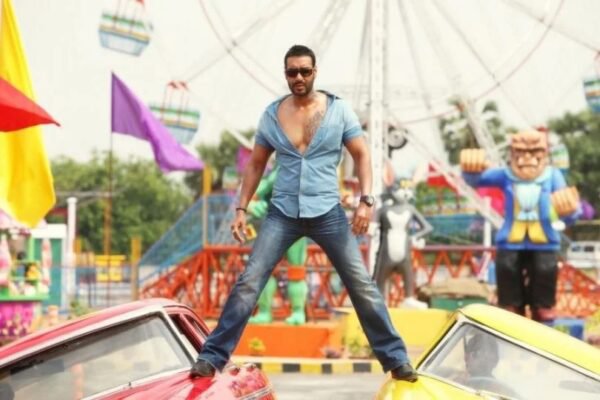
2. On actors playing pranks on sets:
I remember Abhishek Bachchan was a bit of a kid. On the set of a film called Dostana, he threw water bottles and would hide from people and stuff like that.
3. On casting couch in Bollywood:
Casting couch is real, particularly for girls. They get taken out to dinner by a ‘producer’ who wanted to talk about a role for a film. For guys, I didn’t deal with much except when I did any modelling. Once, I was on set for a film and a really famous fashion designer was there because he was friends with the director or someone. He starts talking to me about whether I wanted to do modelling and I said “I suck at it, but a ramp show does seem like a lot of fun”, so he takes my name and connects with me on FB. That night, he starts sending some pretty crazy explicit messages, basically saying “If you don’t fuck me/suck me off, you ain’t getting any work”. The next day, I mentioned it to an Iranian guy, on another set for another thing. He was a model and he unloaded. He said that his agent was about to send him back to Iran because he wouldn’t ‘play ball’ and as a result wasn’t getting any ramp work. Said it was pretty much the understood thing that if you wanted to get ramp shows and serious modelling work, you pretty much had to bend over for it.
4. On what he loved the most about the industry:
What I loved, and still love, are the people. Indian people are so warm, so welcoming, so friendly and willing to go out of their way to help you. So much that it gets annoying sometimes. People would invite me into their homes, make me chai, ask me excessively personal questions, demand I stayed for dinner. It was great. The people come first in my list of favourites. Food comes second.
5. On how he bagged his first role:
To become an extra, it was easy. You seriously just walk around Colaba (a suburb of Mumbai where all the tourists hang out) and someone will approach you and ask you to be an extra in a film. That’s how I got into my first film. I kept doing that for a few weeks, but it’s a bit of a slog. 6 am bus to Film City or somewhere, then stuck on set often until midnight for 500-1000 rupees. That’s 18 hours of work for $7.50-$15 USD. Getting big roles was, rather predictably, fucking hard. I ride horses pretty well and tried to be reliable (turn up on time, don’t be too much of a prima donna) and that certainly helped. By the end of my time there, I was working 2-3 days a week, which was pretty good.
6. On his favourite Bollywood actor:
Priyanka Chopra. Hands down, heart-stoppingly gorgeous. Even in person. I worked with her in Dostana. Apart from that, Irrfan Khan (I was in Life of Pi and Slumdog Millionaire) was really, really nice. John Abraham was too. Mammooty was also a really nice guy.
7. On how the crew treated him:
They were really nice actually. I made a point of saying thank you and having a chat with people and not treating people like shit, so I generally got on really well with the crews. Particularly as once you’re inside, it’s a small pool. You end up seeing the same lighting/camera/set/costume people again and again.
8. On his favourite Bollywood movies:
I quite liked Dev D, and anything I did. Actually, I also liked Dostana.
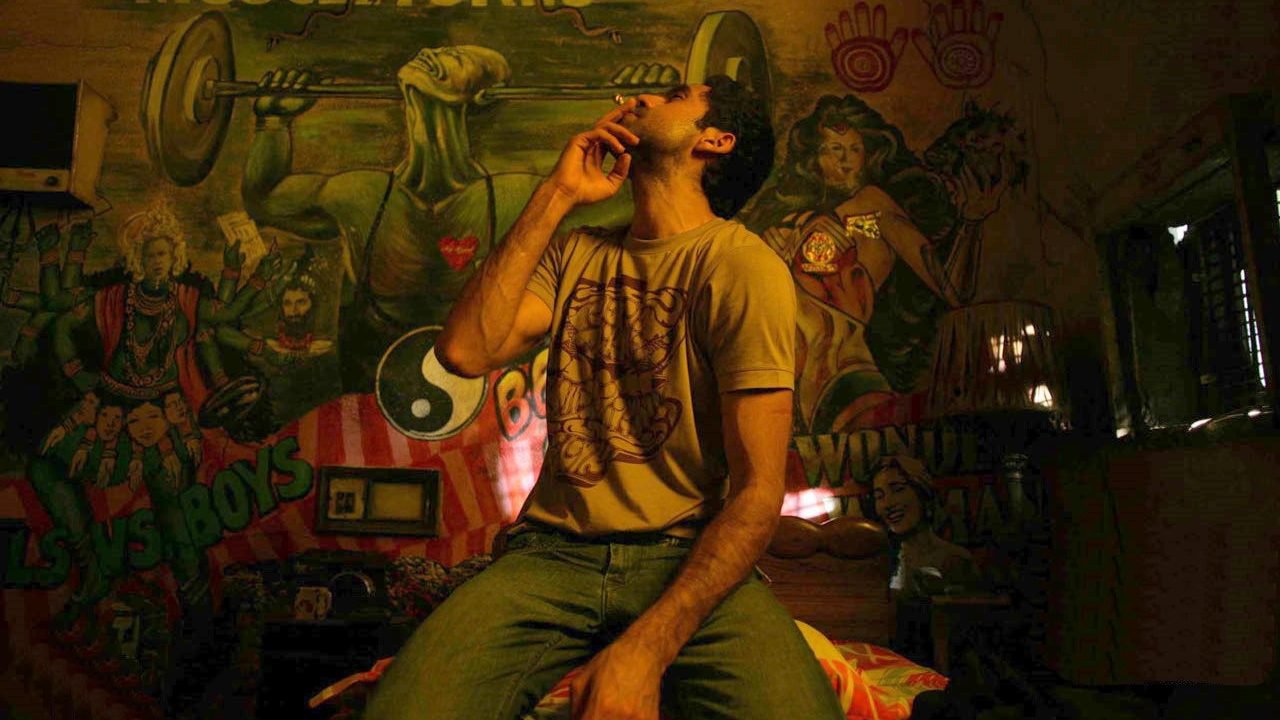
9. On how speaking Hindi language helped him:
It helped get me a small number of roles that required Hindi (TV serials and a few commercials), but moreover, it helped me demonstrate that I was serious about acting in India, and helped in building rapport. Making a joke in someone’s own language is a huge rapport builder. Seriously though, I did use to get a bit cranky at other goras for not learning to speak the local language. I mean I know it’s not necessary, but I think it’s a mark of respect.
10. On how serious do the actors and directors take their movies:
Yeah they take it deadly seriously. But they know they’re over-the-top. You’ve got to recognise that a serious segment of their audience is living in abject poverty, they’re ‘gaonwale’ or village people. They don’t want their reality reflected the way we in the west do, because their reality is dull. The term they often use to describe it was “escapism” and I think that nails it pretty much. They want it to be over the top and silly – they get out of their seats and shout insults when the villain appears on-screen. Also, go back to our films of the 60’s and 70’s and you’ll see a similar vibe. Over-the-top colours, bizarre costumes, obviously-fake sets, laborious unrealistic dialogues – that’s the era Bollywood is in now. Well, was – it’d already started changing by 2010 when I left, and gritty(er) films were becoming more common.






